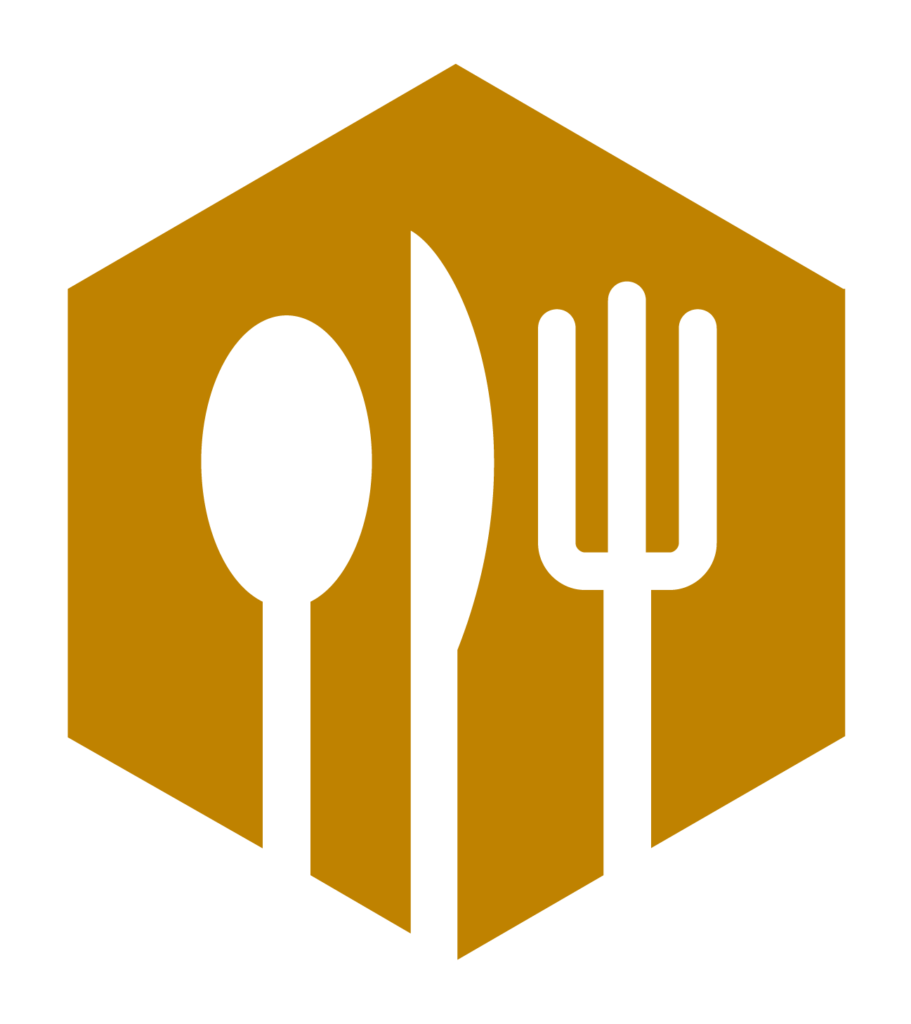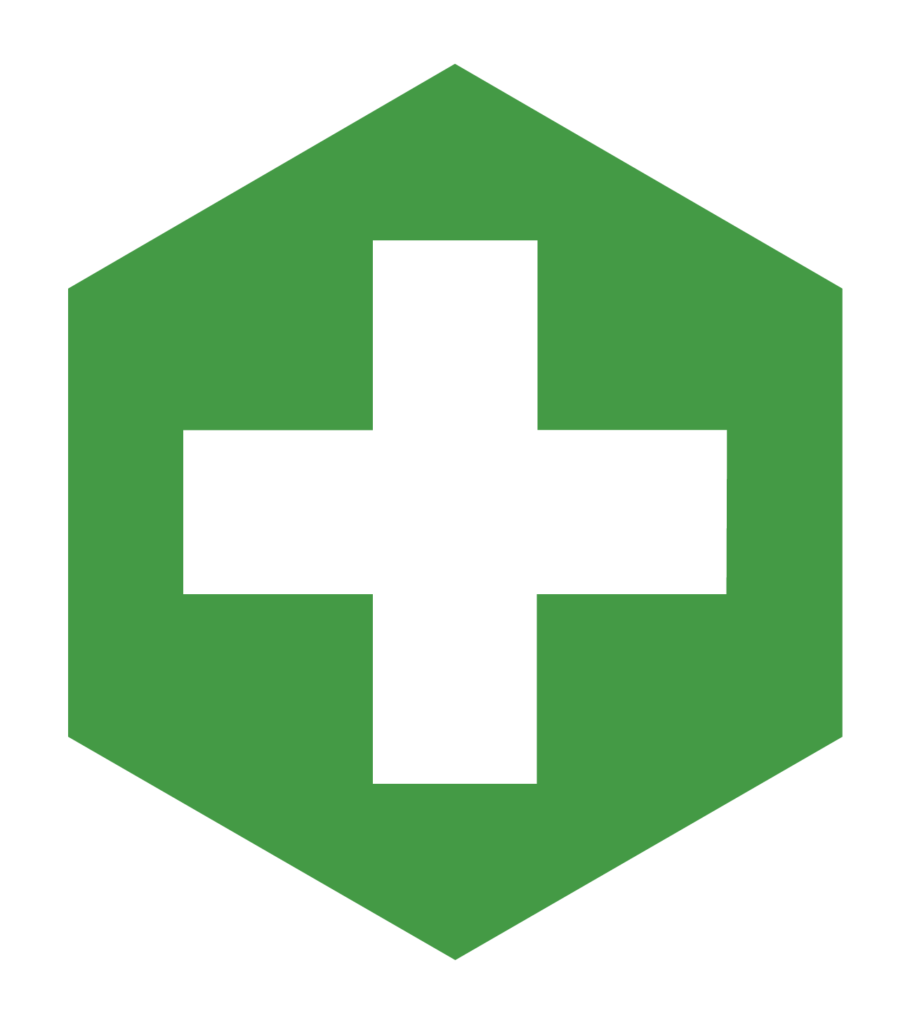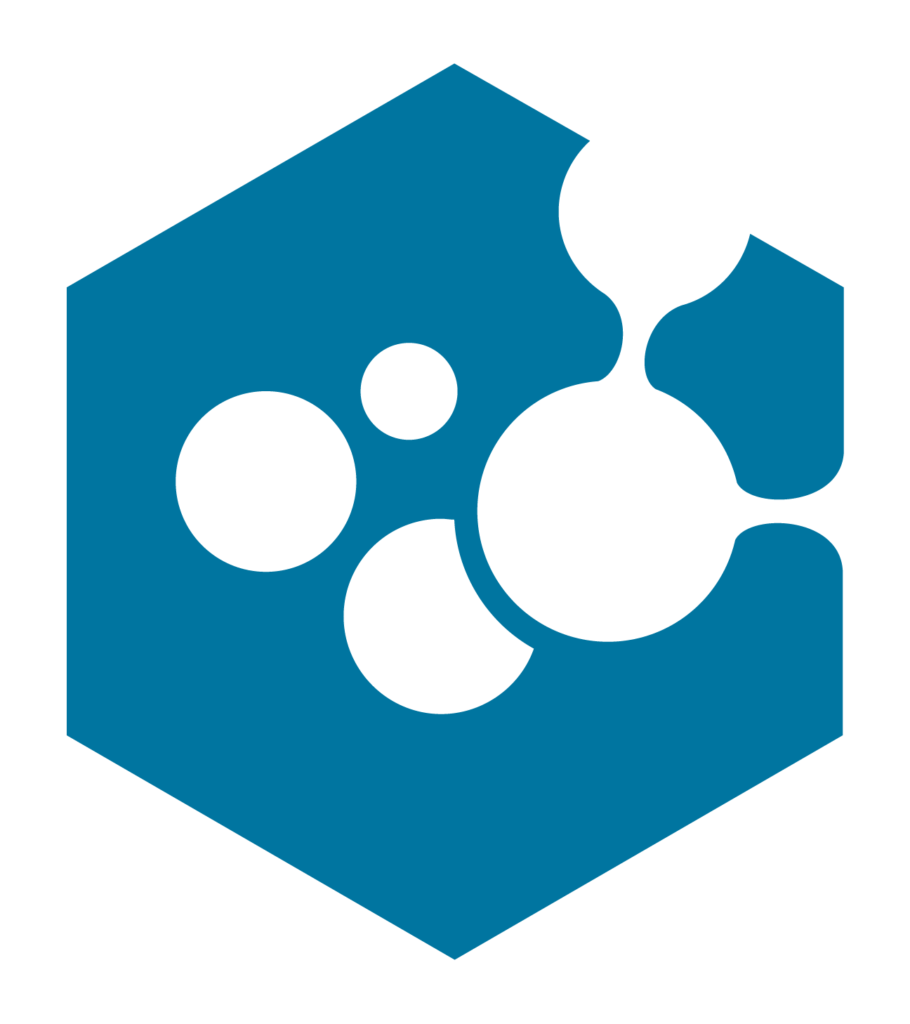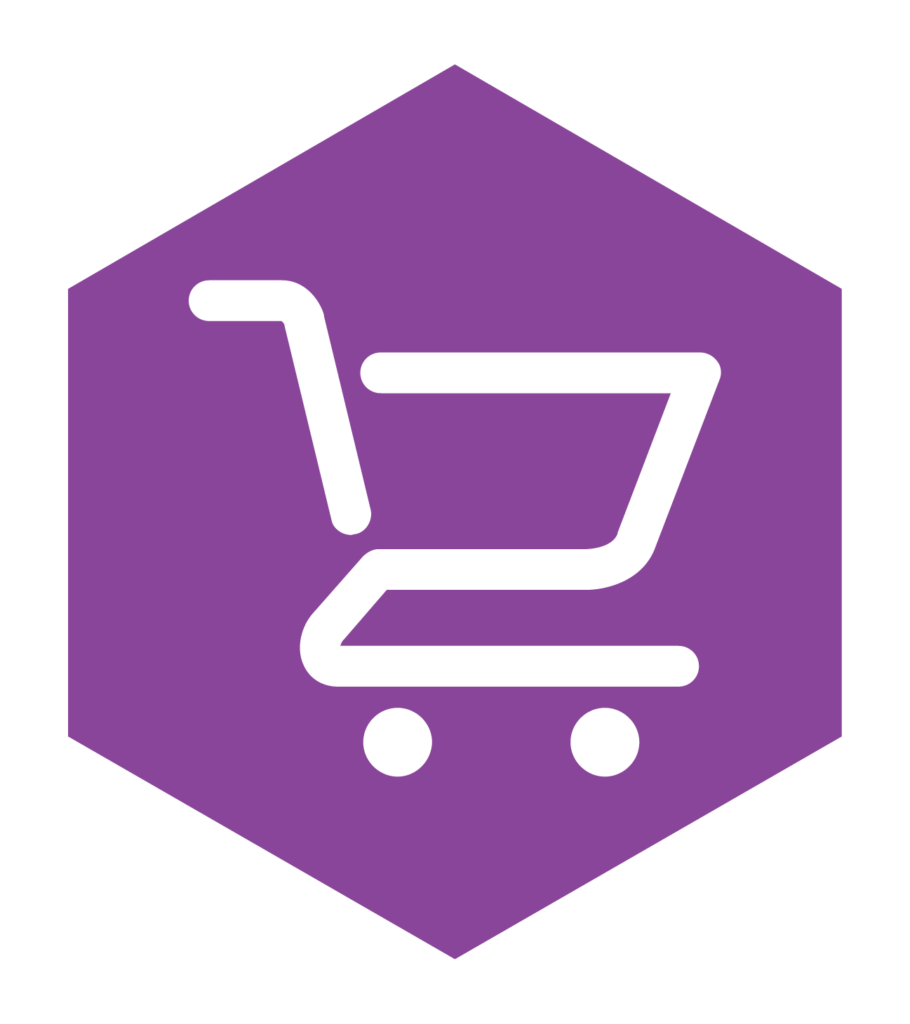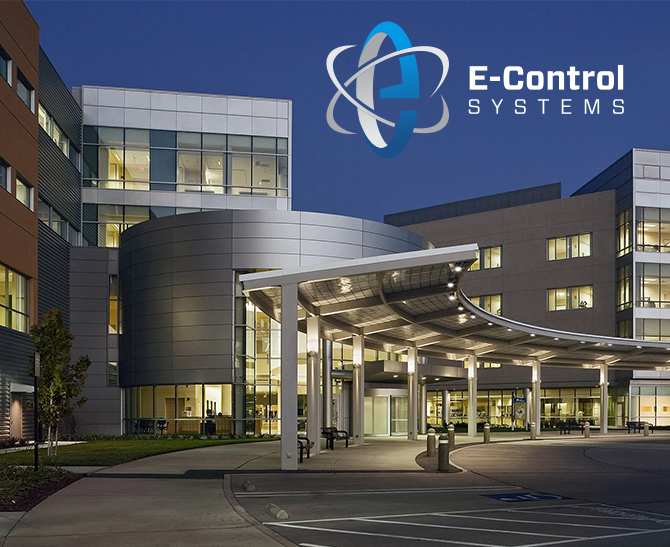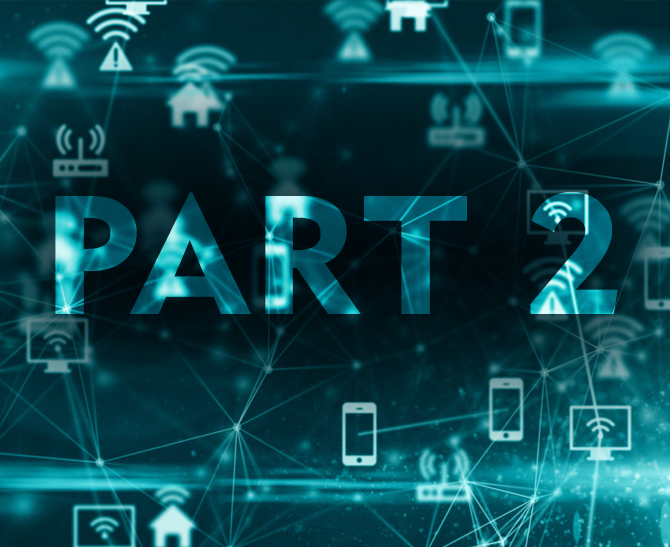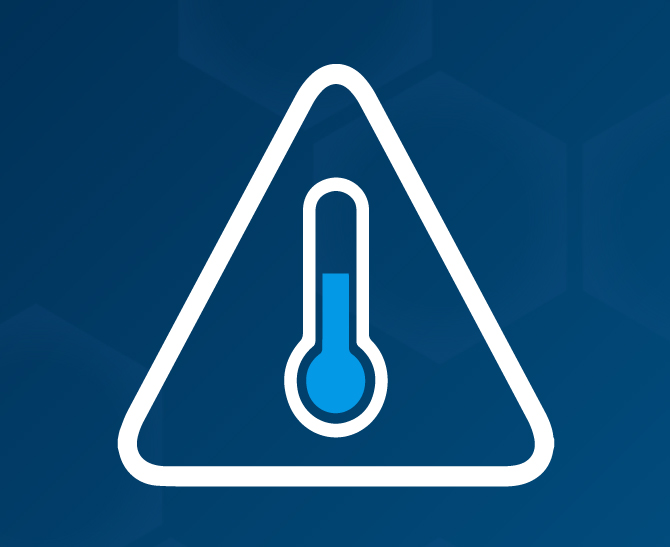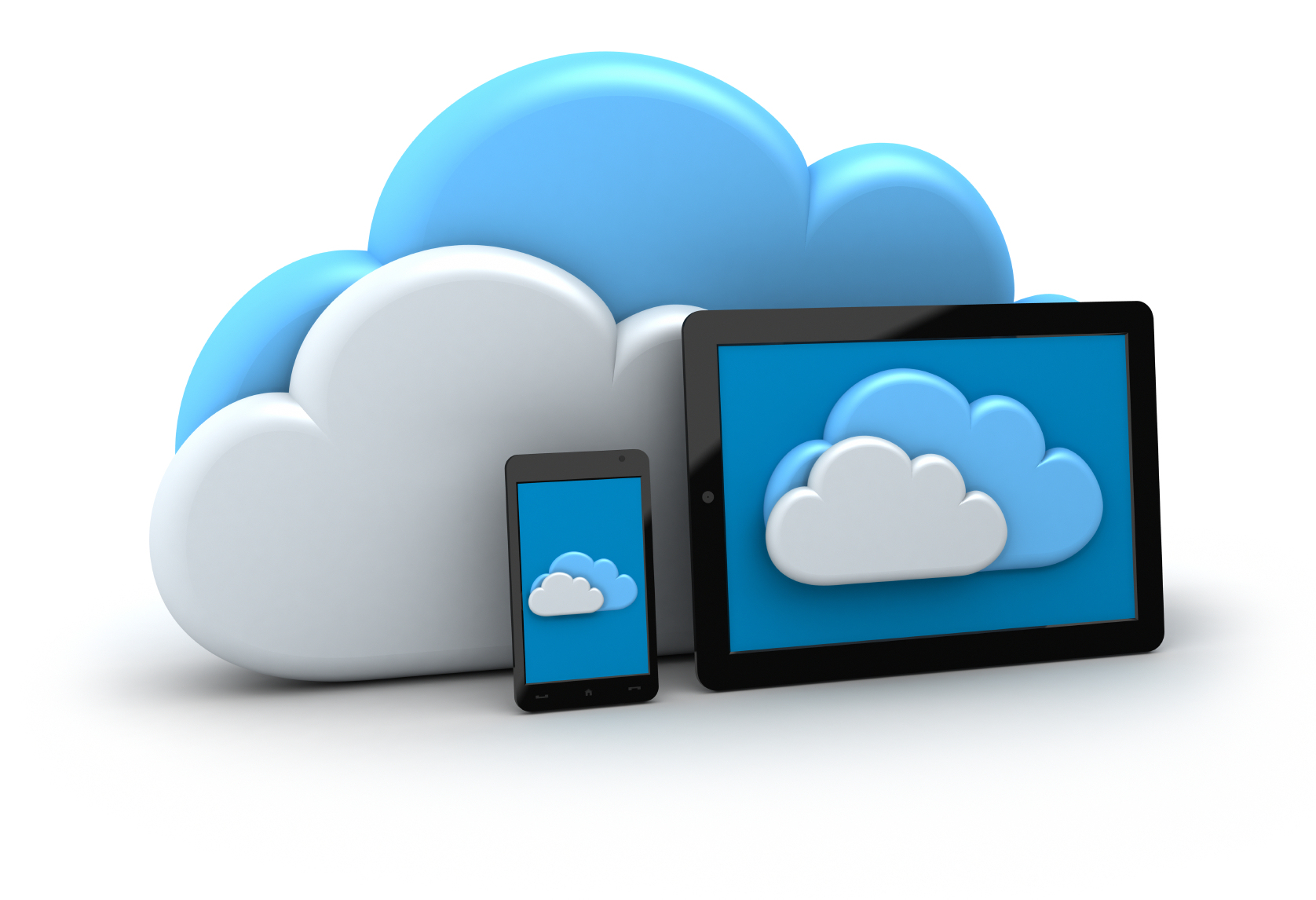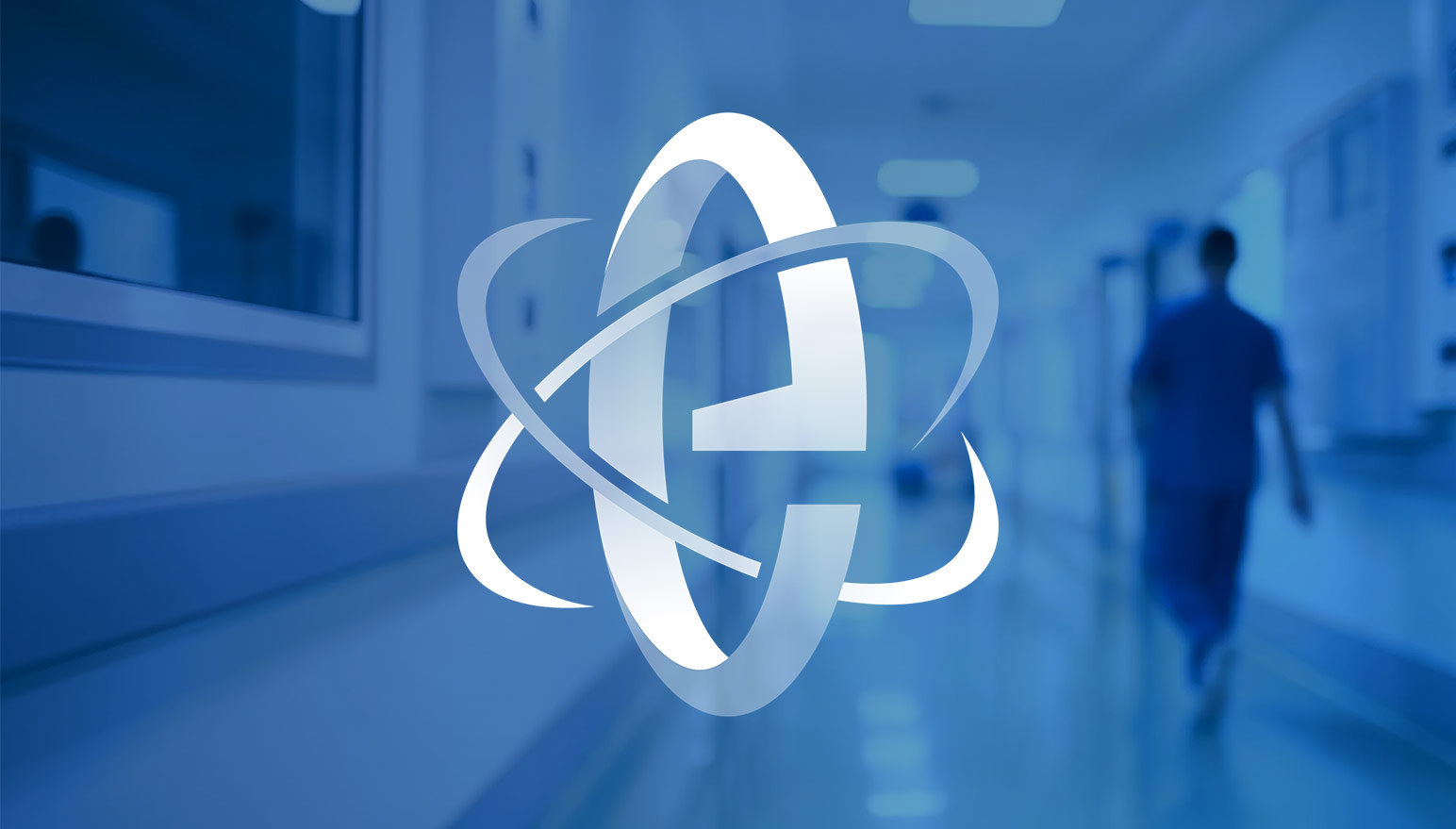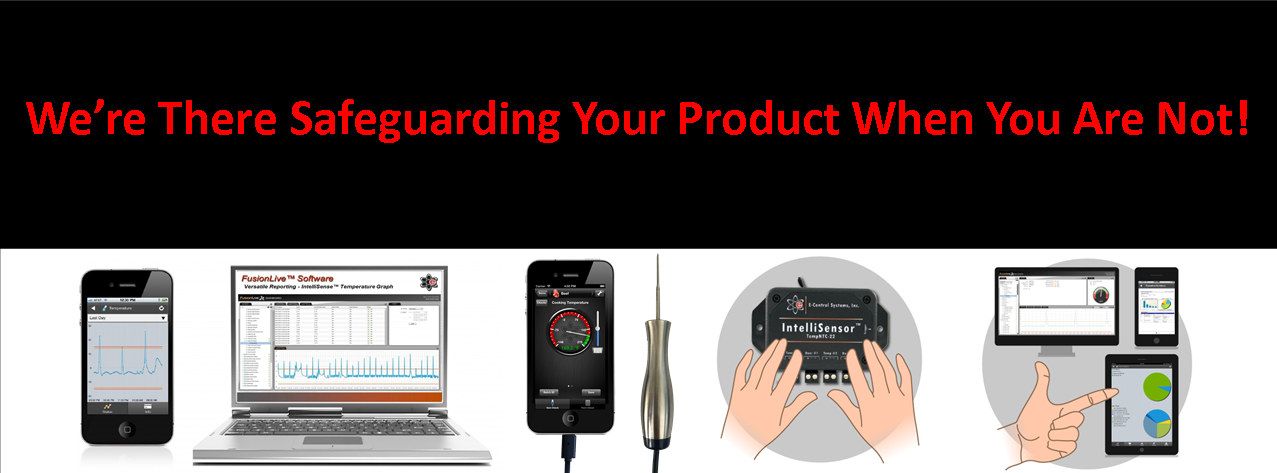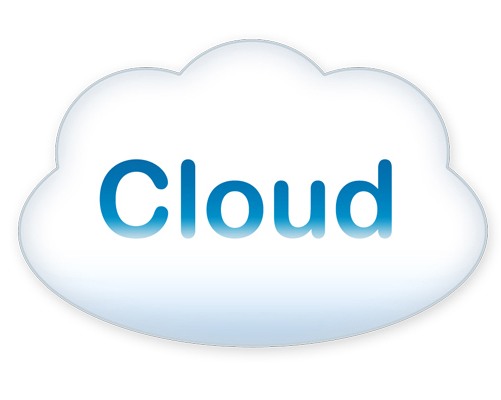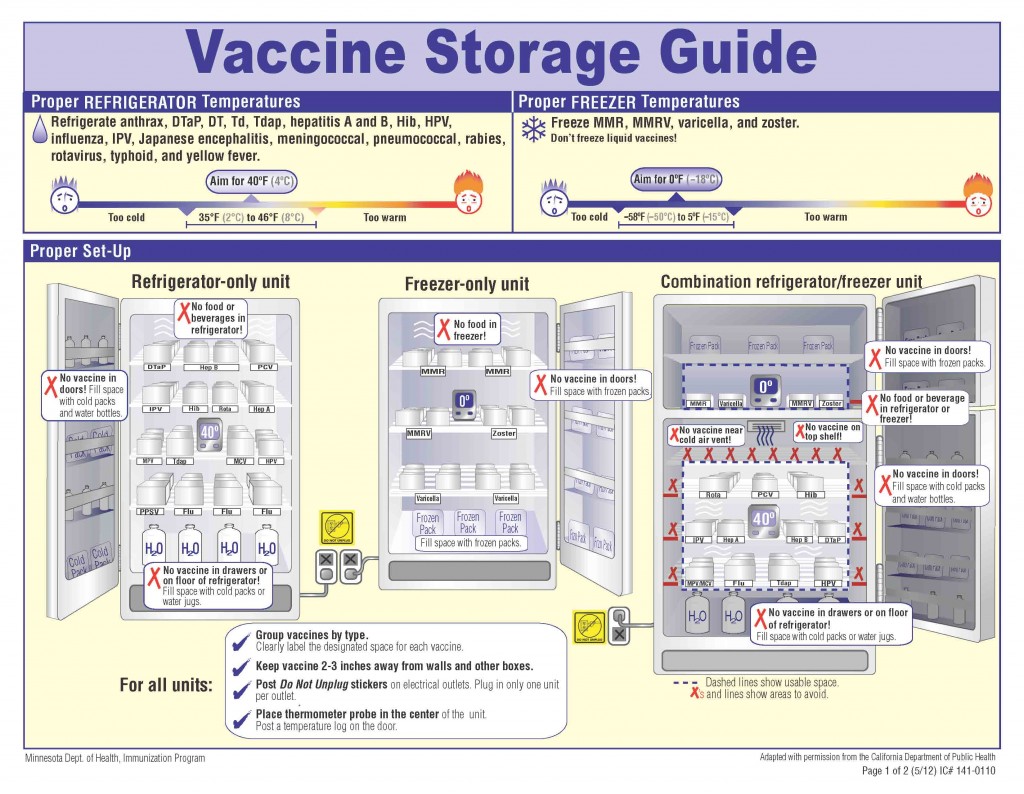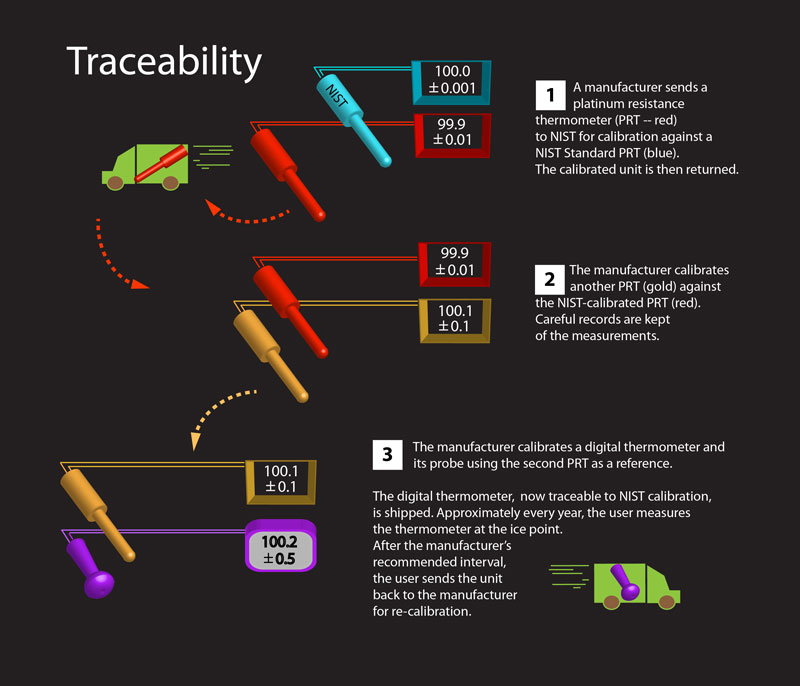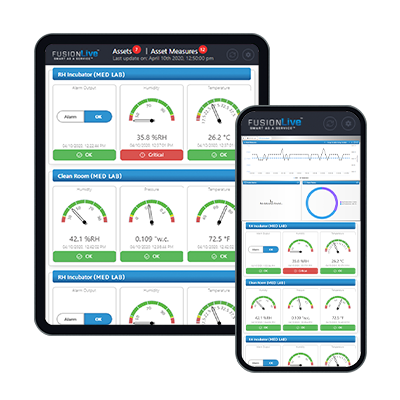
Healthcare Temperature Monitoring Systems
Your 24/7 Wireless Temperature Monitoring Solution For Hospitals, Hospital Rooms & More
10-20% of refrigerated medications are discarded daily due to inadequate temperature control. 0
E-Control Systems (ECS) offers a complete wireless temperature monitoring solution for the healthcare industry. Our fully automated enterprise-wide solution makes it easy to monitor your entire healthcare operation, so that you can focus on patient care, instead of manually logging critical data that is needed to comply with many standards, including: The Joint Commission, AABB, GMP, FCC, and FDA.NIST Traceable Calibration and re-calibration is available directly from the factory, or on-site.
44% of labs do not have a temperature monitoring system in place.
How E-Control Systems Works for Healthcare Facility Temperature Management
In healthcare, temperature is a crucial metric not only for patients, but also for supplies and equipment. Temperature tells a doctor if a patient might be fighting an infection, but it also can indicate how severe the infection is and give clues about what kind of care the patient might need.
Temperature is also equally crucial for healthcare facilities and equipment. Our healthcare temperature monitoring system frees up time for providers and administrators so you can spend less time manually logging data and focus instead on taking care of the patients at your facility. With E-Control Systems, you will be able to monitor all of your equipment’s readings in real-time, at any hour of the day or night, and receive alerts if any readings fall out of range automatically.
Our turnkey solution guarantees that valuable data will be transmitted to the network before our installer leaves the site, giving you peace of mind and reassurance that you’re set up for success.
E-Control Systems Features for Healthcare
What makes E-Control Systems stand out? Our sensors and Intelligates can monitor any aspect of your Healthcare business 24/7.
What Sets Our Healthcare Temperature Monitoring Apart from Other Options in the Market?
E-Control Systems is focused on delivering a seamless and integrated approach to healthcare temperature monitoring, utilizing modern technology to simplify your temperature monitoring process. When you use our platform, you’ll get access to:
- Cell phone alerts: Wherever you are, you can get critical notifications based on alerts you’ve set up.
- FusionLive™ Dashboard: At no additional cost, you can download our FusionLive app to access remote temperature monitoring right at your fingertips. The intelligent software provides a complete asset management solution with one platform that works with all of E-Control Systems’ sensors.
- 24/7 Continuous Monitoring: Our temperature monitoring systems are always on, ensuring you don’t miss any changes in temperature.
- Backups in the Web and App: Critical data is stored securely in the cloud for you to view whenever you need it from a computer, smartphone or tablet.
- Daily Summary Reports: See a summary of any temperature changes or information with a daily report you can view.
- Cross-device functionality: You can monitor your facility’s temperature from a wide range of devices, including smartphones, tablets and computers.
With over 25 years in business, E-Control Systems has a wide range of temperature monitoring solutions, bringing smart temperature monitoring to the healthcare industry.
Our Healthcare Customers Include:
Wireless Temperature Monitoring for Healthcare Facilities
Using our Patented Intelligent Sensor (U.S. Patent No. 9,064,389) and our free App for your iOS Apple and Android devices, you will be able to automatically and effortlessly monitor all of your equipment 24 hours a day, 7 days a week and receive alerts should any of your equipment readings fall out of range.
ECS enables you to collect all of your FDA required data by simplifying 21 CFR Part 11 Compliance. With the IntelliSense™ family of products, you can automatically monitor all of your equipment 24/7. A variety of sensors can be used to monitor temperature, humidity, room pressure differential, warmers, as well as monitor when doors are opened and closed.
Covid-19 Vaccine Cold Chain Monitoring
The CDC has issued initial guidelines for Covid-19 vaccine storage and handling, to minimize vaccine loss and ensure maximum efficacy. The cold chain storage and handling requirements for Covid-19 vaccines will vary in temperature from refrigerated (2 ⁰C to 8 ⁰C) to frozen (-15 ⁰C to -25 ⁰C) to ultra low temperature (-60 ⁰C to -80 ⁰C). The initial vaccines will need to be stored in -80 ⁰C freezers and shipped in dry ice thermal shippers.
Keeping precise temperatures and other parameters is the only way to ensure the efficacy of the vaccine. ECS has been working with vaccine manufacturers and the CDC over the years and our software has built in analytics to analyze all the necessary parameters to determine if vaccine efficacy has been affected throughout the entire cold chain: from distribution, through travel, to delivery, and up until the point of administration of the vaccine.
ECS uses NIST Calibrated probes in glycol and also special probes designed specifically for ultra low temperatures to ensure accurate and precise temperature readings. Each piece of hardware has a datalogger incorporated into it making sure that no temperature is ever missed throughout the entire cold chain.
Temperature and Humidity Monitoring Compliance in Healthcare Facilities and Hospitals
There is no single regulator for hospitals and clinical environments. Usually there are multiple state regulators and agencies that make recommendations. It is important to know what regulations apply to your facility, and implement a remote temperature monitoring system to make sure these regulations are met.
44% of hospitals and healthcare facilities do not have a temperature monitoring system in place.
E-Control Systems (ECS) offers a complete wireless temperature monitoring solution for the healthcare industry. Our fully automated enterprise-wide solution makes it easy to monitor your entire healthcare operation, so that you can focus on patient care, instead of manually logging critical data that is needed to comply with many standards, including: The Joint Commission, AABB, GMP, FCC, Vaccines for Children (VFC), and FDA. NIST Traceable Calibration and re-calibration is available directly from the factory, or on-site.
Keeping precise temperatures and other parameters is the only way to ensure the efficacy of the vaccine. ECS has been working with vaccine manufacturers and the CDC over the years and our software has built in analytics to analyze all the necessary parameters to determine if vaccine efficacy has been affected throughout the entire cold chain: from distribution, through travel, to delivery, and up until the point of administration of the vaccine.
With ECS, you have the flexibility to monitor a wide array of items based on your custom applications, including but not limited to:
- Pharmacy
- Laboratory
- Blood Bank
- Plasma Bank
- Operating Room
- Isolation Room
- IT Room/Data Center
- Clean Room
- Emergency Room
- Radiology
- Nurses’ Stations
- Nutrition Services
- Medical Clinics & Facilities
- Hospitals
- Nursing Homes
- Vaccine Monitoring
- Ambient Temperature
- Cold Storage
- And more
A variety of sensor types allows you to monitor temperatures of 4 ⁰C refrigerators, -20 ⁰C freezers, ULT freezers, LN2 tanks, incubators, CO2, oxygen, differential pressure, moisture/water leak, clean rooms, main power interruption, and room temperature/humidity monitoring. All data is stored in our secure cloud with server redundancy and automated system backups. Each sensor is available with or without a display, and comes standard with data loggers, which will store data in case of a network or power outage. As soon as network/power is restored, the data loggers will transmit all of the data to the system.
With ECS’ wireless temperature monitoring system, you receive a complete operation management system, which comes standard with Preventative Maintenance and Asset Management modules. The result is a cost effective, easily installed solution that simplifies your compliance requirements, improves safety, prevents inventory loss, and ultimately reduces your overall workload.
Healthcare FAQ's
Do you have the ability to alert certain individuals after hours/weekends versus throughout the day for healthcare temperature monitoring?
Yes, with E-Control Systems, you can customize your alerts by the individual, ensuring only crucial and essential staff are notified on the weekends or after hours. This can minimize the number of unnecessary alerts sent and gives you the option to customize based on your facility’s individual needs.
What are the different types of alerts I can set up for a healthcare facility or office?
With our fully automated system, you’ll have reassurance knowing that you can customize and set alerts based on your concerns, ensuring your operations stay compliant and in line with standards. Plus, our system will alert you before any critical failures, allowing you to take preventative measures and thus saving you a loss of inventory, as well as money.
Some of the different types of alerts you can use with E-Control Systems include:
- Cryogenic monitoring
- Humidity sensors
- Temperature sensors
- CO2
- Ultra-Low Temperature Freezers (ULT
- Liquid Nitrogen Tanks (LN2
- Compressor runtime
- Refrigerant leaks
- Dishwasher final rinse
- Differential pressure
- Power interruption
- And more
With custom alert settings, you can decide how and when your team is notified about any changes to these levels.
How can I receive alerts when there is a problem at my healthcare site?
We know that when something is off at your healthcare site, you want to know right away so you can address the problem. That’s why we’ve ensured there are countless ways to receive alerts based on guidelines you’ve set up within the system. You can receive alerts by email, text message, page, dry-contact relay switch, and audio and visual alarm. This means that you and your employees can enjoy some much needed time away without the stress of feeling the need to be present in the event something goes wrong.
We can also set up alerts for various departments, like your maintenance and operations facilities, pharmacy and more. Plus, you can set up tiered escalation alerts to only alert certain people when you deem it necessary or when a certain threshold has been reached. This ensures that the right person is notified as quickly as possible to prevent the loss of important medications and supplies.
What are the benefits of healthcare temperature monitoring?
If you’re on the fence about instituting a temperature monitoring system like E-Control Systems, take a minute to understand the benefits you, your team, and your patients will experience as a result. In the highly regulated industry of healthcare, any investment to assure quality and standards are met should be seriously considered. Plus from a business perspective, utilizing a wireless temperature monitoring system can prevent loss. As with any business decision though you’ll need to find value in the dollars spent. Here are some benefit of healthcare temperature monitoring systems:
- Reduce the amount of medical waste: Temperature monitoring can help you identify problems with your healthcare facility's refrigeration or storage system and prevent medication waste. Your E-Control System will constantly monitor to ensure there are no drastic changes in temperature or malfunctions that would result in medical waste.
- Keep your patients safe: As a healthcare provider, keeping patients safe is the top priority. By instituting a temperature monitoring system, you can help reduce the risks of bacterial contamination and other health hazards that can be caused by using the wrong temperature settings in storage facilities.
- Stay compliant and provide streamlined reporting to various stakeholders: Dozens of stakeholder organizations like the FCC, FDA and Joint Commission require healthcare providers to maintain a high standard of care and provide records that outline exactly how they stay compliant. By implementing a temperature monitoring system, you can ensure your facility stays compliant and streamline your reporting process.
- You'll increase efficiency and save your team valuable time: Your team will thank you for giving them time back in their day to focus on more important things, like working with patients and providing care. Not only will your team save time, but you'll save money thanks to better efficiencies and less waste.
- Remote monitoring allows for off-site access: Even if you’re not at the facility, with E-Control Systems, you can monitor any alerts or issues remotely, allowing peace of mind when you’re away from work.
If you’re interested in learning more about the benefits of ECS, contact us today to get a customized quote for your healthcare facility. Our easy-to-install and modern system will help you simplify the process of recording and collecting temperature data, saving you time and money.
Is temperature monitoring a legal requirement for healthcare?
Yes, there are several federal agencies that mandate and outline what temperature regulations should be observed at healthcare facilities.
The Centers for Disease Control and Prevention outlines in their Vaccine Storage and Handling Toolkit a comprehensive guide on how facilities should handle vaccines and medicine temperature monitoring. Facilities are required to review and record temperatures at least twice during the day, but with our E-Control System, you get 24/7 monitoring of storage facilities.
Similarly, the Food and Drug Administration requires facilities to keep temperature logs of the freezer and refrigerator for two years.
As a healthcare professional you are well aware of the legal parameters around just about everything you do. Temperature monitoring systems not only protect products but they provide an efficient track record of temperatures and events. In the event of inspections, audits, or legal incidents documentation can make all the difference.
If you're looking to avoid mountains of paperwork and manual recording of temperatures so you stay compliant, we can help. Our systems ensure your records are kept secured digitally in the cloud, while constantly recording temperatures to confirm they're at the right levels.
